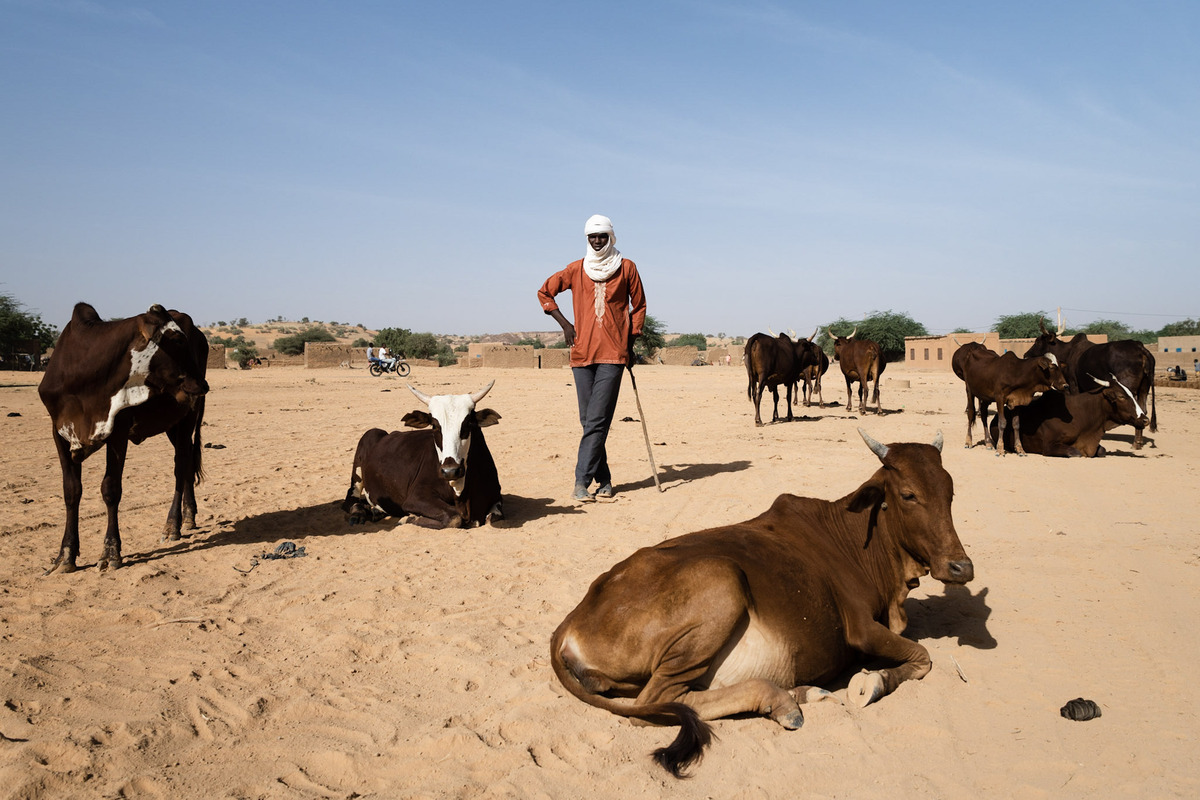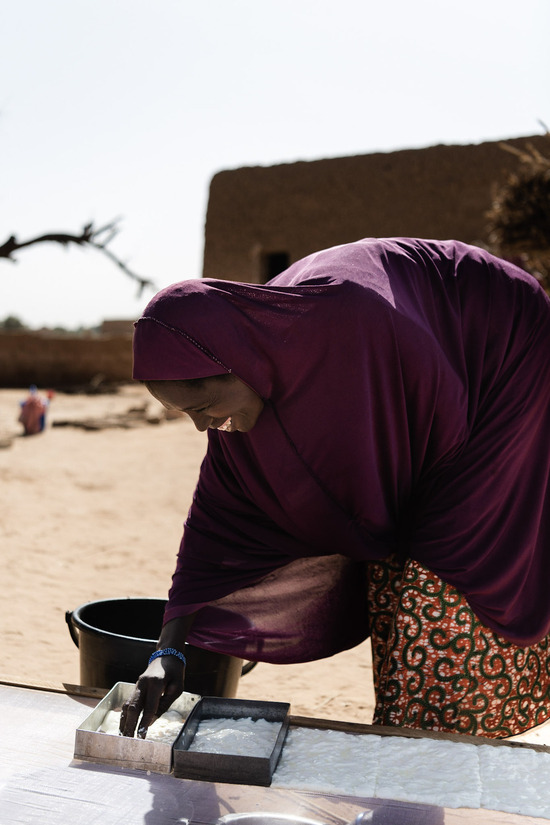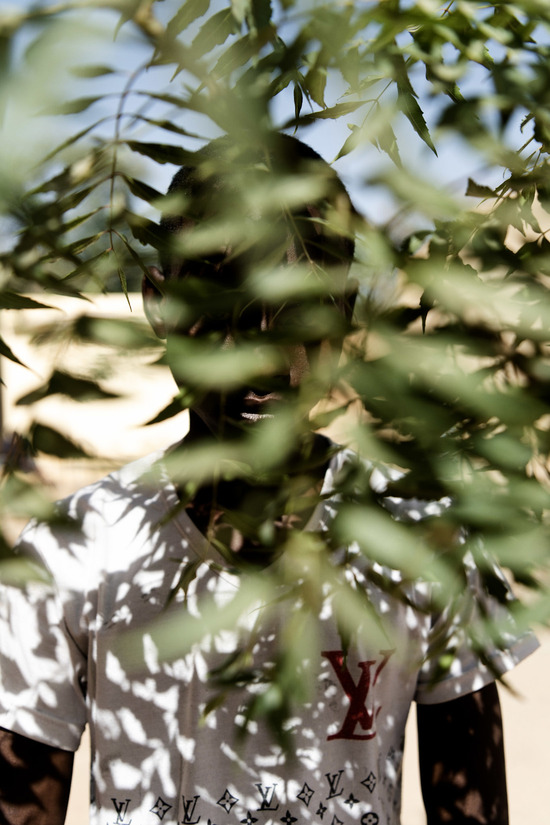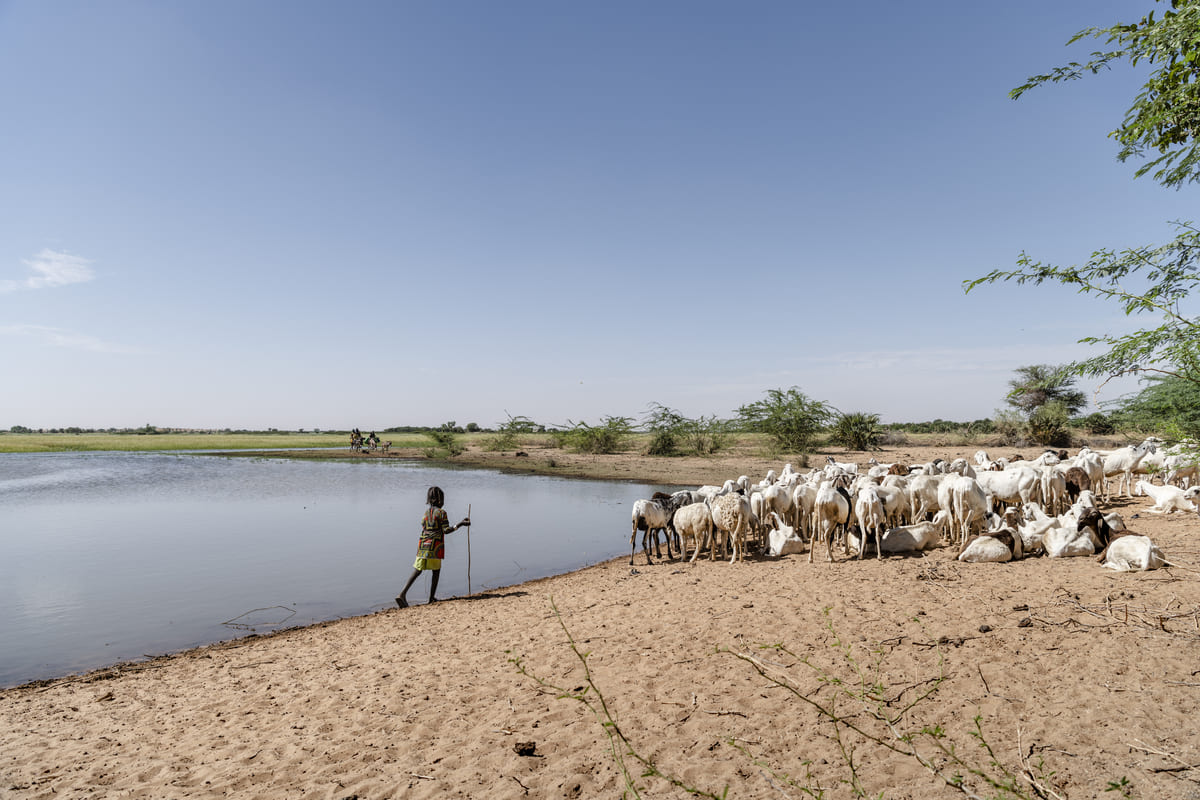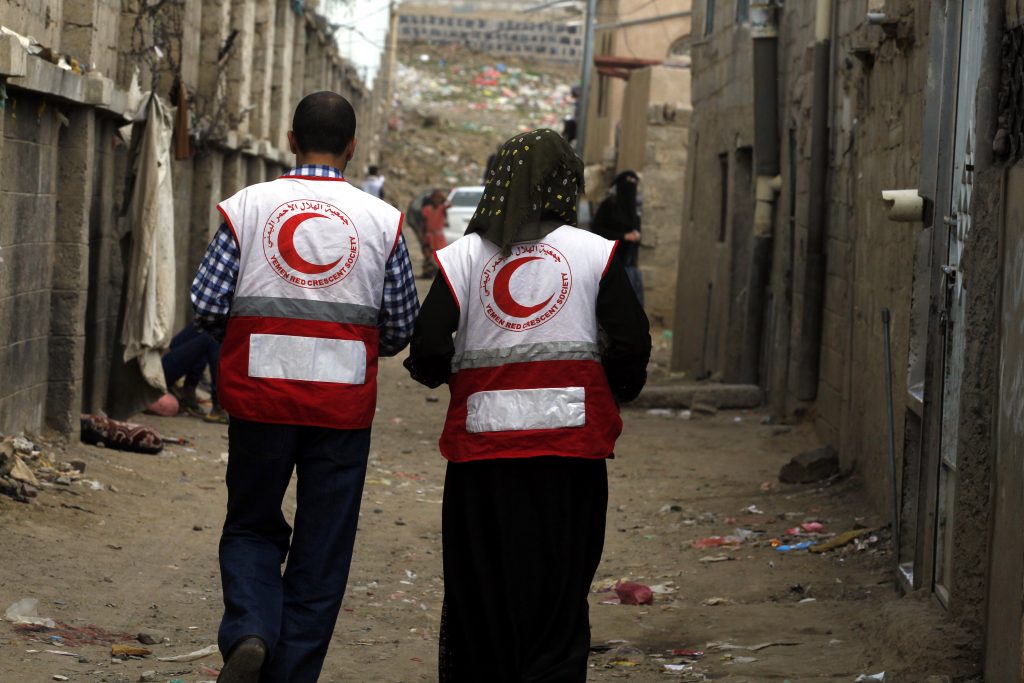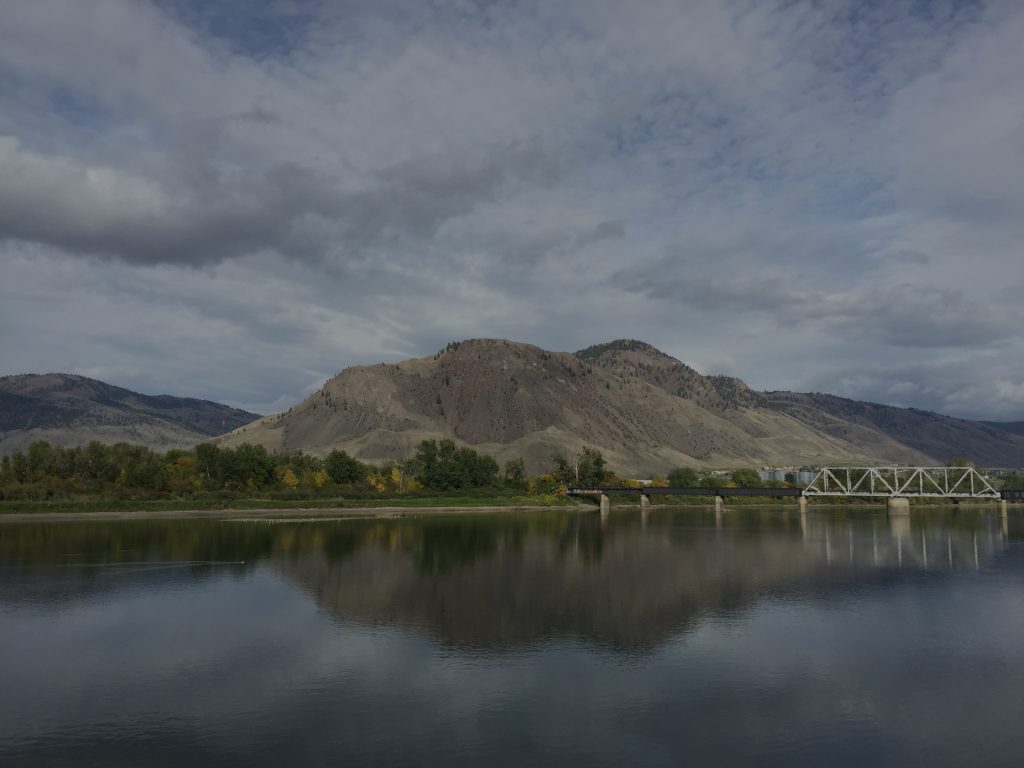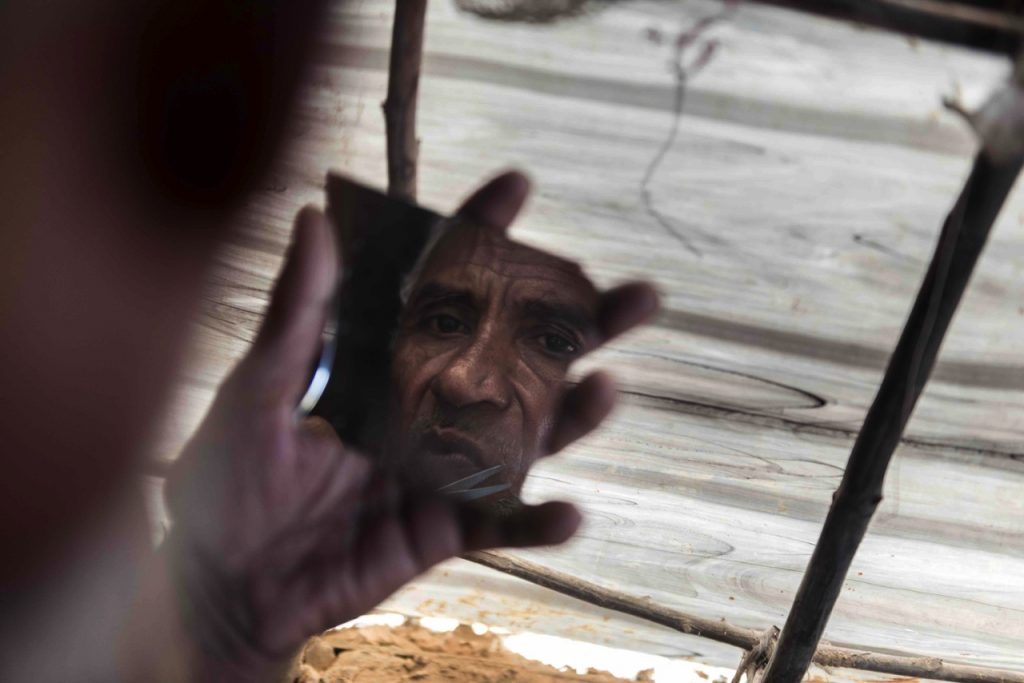For others, dramatic changes in local climate patterns drew them further into the conflict. “In my village of Temera, I was a cart hauler for merchants during the River Niger’s high-water period,” says 16-year-old Mamadou.
“My village was essentially an island during these periods; vehicles could not get there. The merchants’ products could only arrive by fishing boats, or pinasses, as we call them. So we profited from the changes in the weather to get some work. I also got busy unloading the pinasses and taking the goods by mule to the merchants.”
In recent years, high-water periods have become shorter as the rains dwindled. “I had to come up with other livelihoods,” he says. “My enrolment in an armed group didn’t happen immediately. Seeing that I was a cart puller, the armed groups often asked me to look for water.
“With time, I became involved. It became a regular source of income. After a while, they trusted me with a firearm and taught me how to use it. I was 14 years old. From then on, I was given the task of security and I worked at a checkpoint. This helped me make some money.”
Mamadou’s story is relatively common here. Many young men are drawn into armed groups out of desperation exacerbated by climate change. While most international security experts say that climate change is not a main driver of conflict in the Sahel, it is playing an important role in heightening tensions over precious land and water resources and increasing the pressure on young men with fewer and fewer options. These factors are often exploited by armed groups, who see control of resources as critical to their survival.
Women also face particular challenges. Some small towns, such as Abala, are mainly populated by women because as croplands dry up, many men leave home to find work. Ramatou H., aged 18, is one of those left behind.
“My family has some land, which we cultivate,” she says. “But this is not a livelihood because [the harvest] is just one time per year. So [my husband] leaves and then comes back during the sowing season.”
Many in the village feel vulnerable. “We don’t feel secure anymore. We sleep with one eye open,” says Ramatou H.
Sometimes hunger overtakes their fear. “When there’s nothing [on the farm to harvest and eat], I go into the bush and harvest leaves, which can be cooked,” she says, adding that while the bush is dangerous, they go because if they don’t, “then we will have nothing to eat”.
 Red Cross Red Crescent magazine
Red Cross Red Crescent magazine 